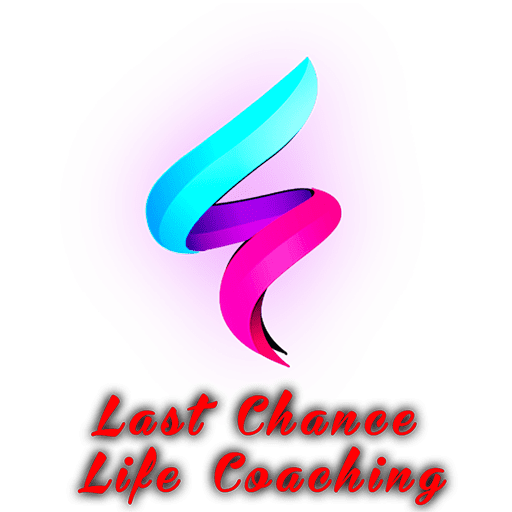Why Former Addicts as Life-Coaches Make a Difference
In the realm of addiction recovery, various methodologies abound, each with its unique merits and approaches. Among the most recognized are 12-step programs, treatment centers, and, more recently, life-coaches who have walked the path of addiction and recovery themselves. This blog post delves into the comparative effectiveness of life-coaches in aiding addicts to achieve sobriety, focusing on the profound impact of having a guide who is a former addict.
The Power of Shared Experience
One of the most compelling advantages of life-coaches who are former addicts is their shared experience with those they aim to help. This shared history fosters an unparalleled level of empathy and understanding. Former addicts turned coaches can relate to the struggles, relapses, and triumphs of their clients on a profound level. This connection builds trust and rapport, essential elements in the journey towards sobriety.
Why Former Addicts as Life-Coaches Make a Difference
In the realm of addiction recovery, various methodologies abound, each with its unique merits and approaches. Among the most recognized are 12-step programs, treatment centers, and, more recently, life-coaches who have walked the path of addiction and recovery themselves. This blog post delves into the comparative effectiveness of life-coaches in aiding addicts to achieve sobriety, focusing on the profound impact of having a guide who is a former addict.
The Power of Shared Experience
One of the most compelling advantages of life-coaches who are former addicts is their shared experience with those they aim to help. This shared history fosters an unparalleled level of empathy and understanding. Former addicts turned coaches can relate to the struggles, relapses, and triumphs of their clients on a profound level. This connection builds trust and rapport, essential elements in the journey towards sobriety.
Relatability and Inspiration
Having a coach who has successfully navigated the treacherous waters of addiction serves as a powerful source of inspiration. These coaches embody the possibility of recovery and a better life. Their stories offer hope and tangible proof that change is achievable. This relatability can be incredibly motivating, providing clients with a beacon of hope and a model to emulate.
Personalized and Flexible Approach
Life-coaches often employ a more personalized and flexible approach compared to traditional 12-step programs or treatment centers. While 12-step programs and treatment centers have structured methodologies, life-coaches can tailor their strategies to meet the specific needs of their clients. They can adapt their coaching style, frequency of meetings, and support mechanisms to align with the client’s unique circumstances, making the recovery journey more manageable and relevant.
Holistic Support System
Life-coaches address not only the addiction itself but also the underlying issues that contribute to substance abuse. They often provide holistic support, encompassing mental, emotional, and sometimes even spiritual guidance. This comprehensive approach helps clients build resilience, develop coping mechanisms, and foster a healthier lifestyle overall. By addressing the root causes of addiction, life-coaches can facilitate more sustainable recovery.
Accountability and Continuous Support
The role of a life-coach extends beyond mere guidance; they hold their clients accountable for their actions and progress. This accountability is crucial in maintaining sobriety, as it encourages clients to stay committed to their recovery goals. Moreover, life-coaches offer continuous support, often being available outside of scheduled sessions to provide encouragement and assistance when needed. This ongoing relationship can make a significant difference in preventing relapse and promoting long-term sobriety.
Comparison with 12-Step Programs and Treatment Centers
While 12-step programs and treatment centers have their own strengths, they often lack the personalized touch that life-coaches can offer. 12-step programs like Alcoholics Anonymous rely on a community-driven approach and a higher power, which may not resonate with everyone. Treatment centers provide a controlled environment for initial recovery but may fall short in offering long-term personalized support once the individual leaves the facility.
Conclusion
Ultimately, the effectiveness of life-coaches in helping addicts get sober lies in their unique ability to connect on a personal level, inspire through their own stories of recovery, and provide tailored, continuous support. While traditional methods like 12-step programs and treatment centers have their place in the spectrum of addiction recovery, the addition of life-coaches who are former addicts adds a powerful, relatable, and flexible option for those seeking sobriety. Their lived experience and holistic approach make them invaluable allies in the journey towards a healthier, sober life.

